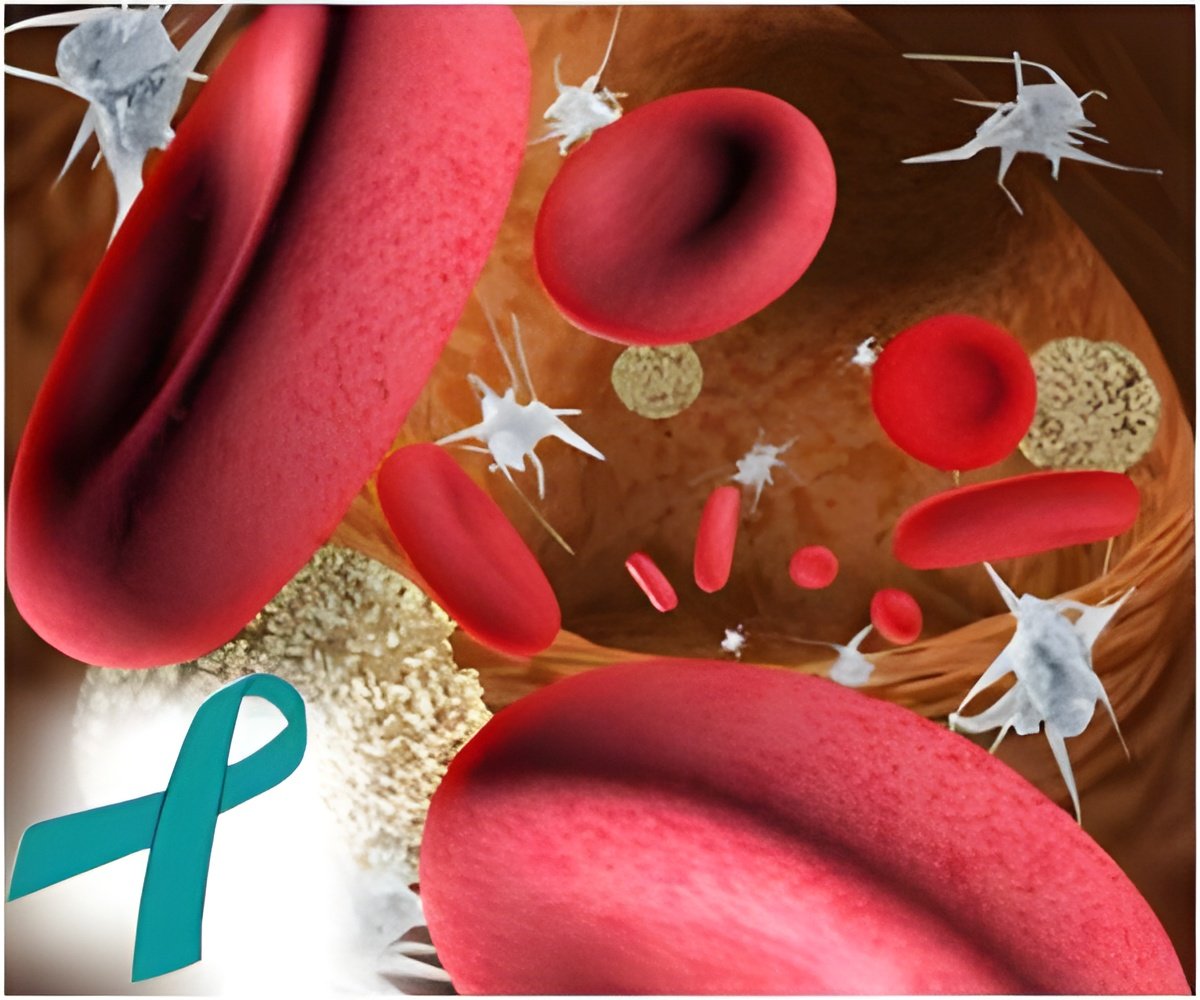Amidst reports that ovarian cancer treatment poses serious threat to health,Hormone Replacement Therapy (HRT) experts say that risk of ovarian cancer is extremely small .

The study warned of a link between a combined form of HRT and higher risks of heart disease and breast cancer. The NSW Cancer Council accepted and promoted the findings, as did many GPs and health authorities around the world.
It later emerged the study’s findings did not apply to women aged 45 to 60 - those most likely to use and benefit from hormone therapy.
Guidelines for the statistical monitoring of the Women’s Health Initiative study were changed three times, effectively shifting the goal posts. Two-thirds of the 16,600 women who took part were older than 60 and a similar proportion were overweight or obese, placing them at higher risk of heart disease. Two in five women had a history of smoking.
While the initial alarm was well publicised, news about the study’s flaws was not well known, even among GPs and health authorities.
The latest study that links HRT with ovarian cancer is also contentious. It provides a statistical analysis of 52 different studies involving more than 21,000 women from North America, Europe and Australia with ovarian cancer.
Advertisement
Dr Anna Fenton, president of the Australasian Menopause Society, said The Lancet study’s original calculations of cancer risk were incorrect and independent researchers have revised the numbers down to just under one extra case of ovarian cancer per 10,000 women per year.
Advertisement
Baber, who is president of the International Menopause Society said the Lancet study was impressive in size, but the data it analysed was incomplete. He says the other health benefits of HRT outweigh the small risk of ovarian cancer.
Professor Henry Burger, an endocrinologist from the Monash University Institute of Medical Research said The Lancet study was not nearly as rigorous as a randomised controlled trial.















